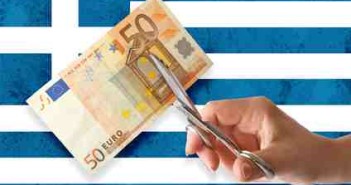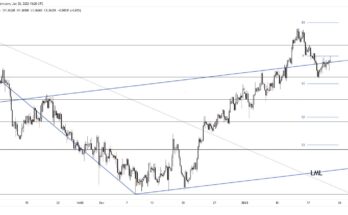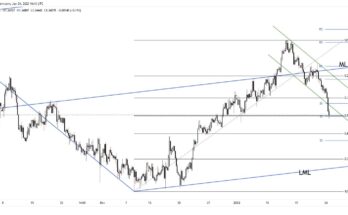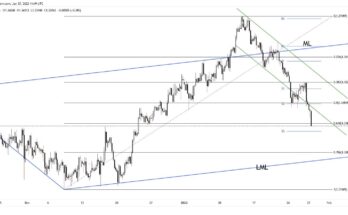At some point this week, we’re going to see the single currency break from the relative resilience we’ve seen so far in relation to events in Greece. The fact is that between the two pivotal players (Greece and Germany), there have been absolutely no sign of compromise. Greece has turned its back on the Trioka and is seeking EUR 10 bln of short-term funding to give it time to work something out, whilst Germany sees no need for such a move because there is nothing to be negotiated in their eyes. With the Eurozone, markets have gotten used to compromise and last minute deals, but on this issue, both sides find themselves with too much at stake domestically to stand down and both feel they have the more powerful hand. We have the G20 meeting of Finance Ministers today, with Eurozone Finance Ministers meeting tomorrow. If we see no tangible progress on Greece at the meeting this week, then the single currency will start looking more vulnerable.
Overnight, we’ve seen more falling inflation data, this time from China. Headline prices fell to 0.8% (from 1.5%), with PPI prices also falling further into negative territory. Along with several other central banks, we’ve already seen action from the Chinese central bank last week, with a reduction in the reserves ratio, the proportion of eligible liabilities banks are required to hold with the central bank. Elsewhere, we’re seeing the dollar hold relatively steady on the majors, but the euro is coming under pressure at the start of European trading.
Further reading:
UK manufacturing output beats expectations
EUR/USD presents the calm before the storm as Greek pressure mounts



